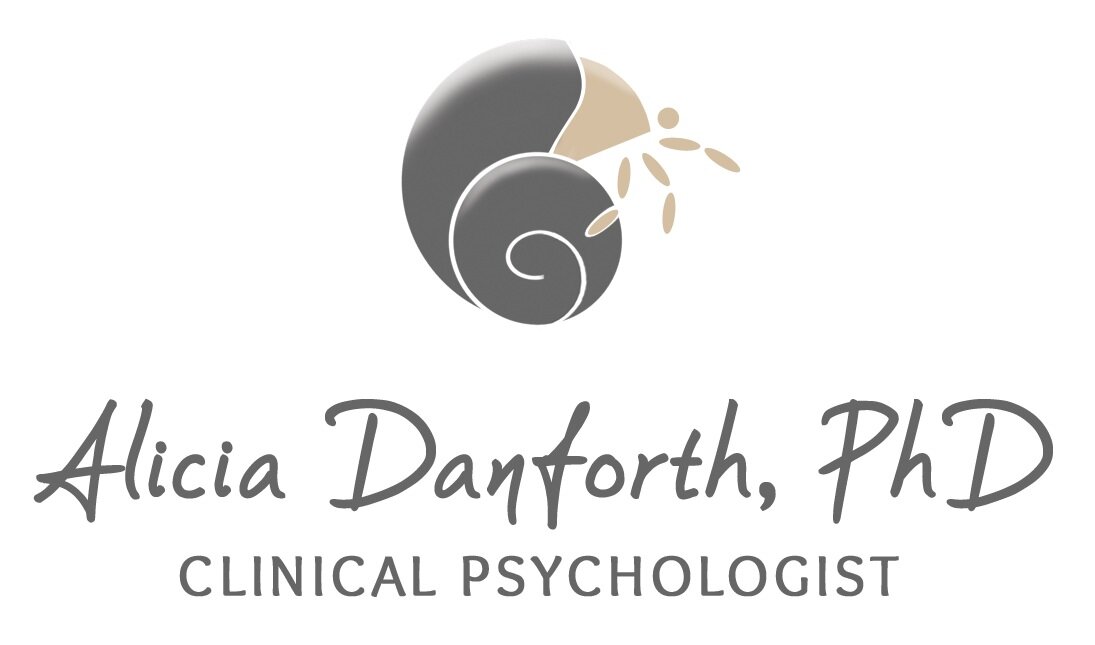Do you provide assessements for diagnosis?
I do not provide this service, but I can refer to qualified professionals in California who have experience assessing and diagnosing adults. Sometimes clients will start with a few sessions with me for initial screening and to help determine the pros and cons of seeking a formal diagnosis in adulthood.
Do you work with children and teens?
My vision for this practice was to help fill the gap in services in the Bay Area for adults age 18 and over. The scope of my training limits my work to clients who are able to provide consent for their treatment on their own. I make an effort to remain informed of services in the Bay Area for minors and their families, so I provide referrals as appropriate.
Do you provide psychotherapy online?
I provide psychotherapy during regular business hours on Monday - Thursday via a HIPAA-compliant telehealth website only. Although I miss being able to meet with clients in person, I do not have plans to reopen an office this year.
Do you take insurance?
I am an out-of-network provider at this time. Depending on the terms of your plan, you may be able to submit my services to your insurance provider for reimbursement. I can provide you with a receipt (Super Bill) with the required details, upon request.
I noticed that you do not use person-first language. Why is that?
I started using identity-first language (autistic person) instead of person-first language (person with autism) because so many autistic adults and self-advocates told me that they prefer identity-first. I always work with my clients to confirm their preferences regarding terminology, communication methods, and sensory triggers because no truer words have ever been spoken than when professor Stephen Shore said, "If you've met one person with autism, you've met one person with autism."
Do you work with couples or families?
Working with adults 1-on-1 is my wheelhouse, so I make referrals to service providers in the area who specialize in couples and family therapy and who have experience working with clients on the autism spectrum. Occasionally, significant others (or family members) will come in for a consultation with me to learn more about autism in general or they will attend a session in support of a client’s work in therapy.
What is neurodiversity?
I first learned about neurodiversity from my colleague, Nick Walker, who is an autistic self-advocate, author, educator, and neurodiversity expert. She published this description in her blog:
"Autism is still widely regarded as a ‘disorder,’ but this view has been challenged in recent years by proponents of the neurodiversity model, which holds that autism and other neurocognitive variants are simply part of the natural spectrum of human biodiversity, like variations in ethnicity or sexual orientation (which have also been pathologized in the past). Ultimately, to describe autism as a disorder represents a value judgment rather than a scientific fact." (source: Neurocosmopolitanism.com)
I saw that you have done research with psilocybin and MDMA. Do you provide psychedelic-assisted therapy?
Outside of legal, clinical research settings? I do not. I am trained and qualified to provide therapeutic support to individuals who have had difficult or powerfully transformative experiences with psychedelics. This type of after care is called integration work. I do not provide "underground" therapy or make referrals to work outside of approved clinical trials.
